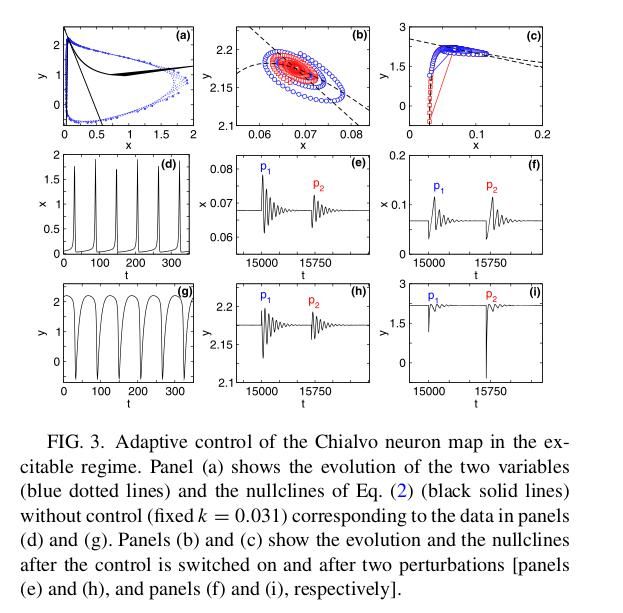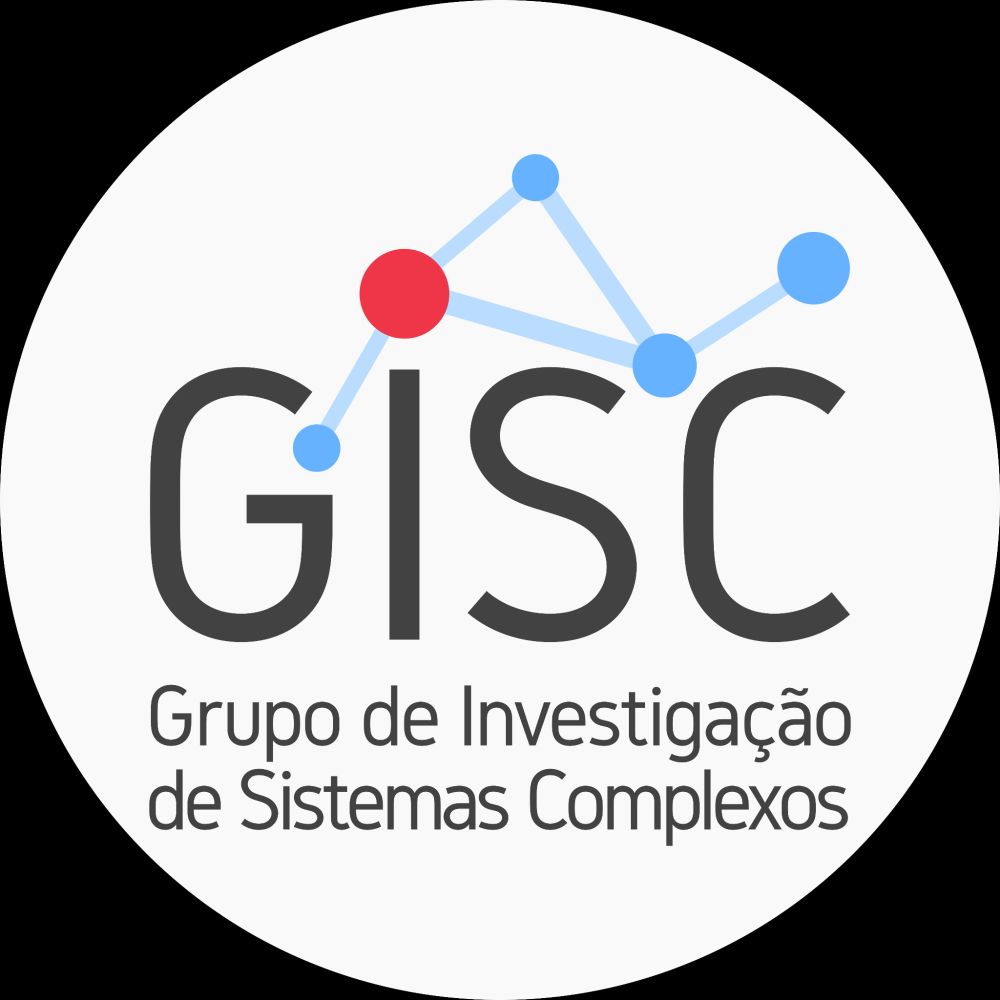
Moving complexity forward since 1992
Physics Department, Federal University of Viçosa, Brazil
https://giscbr.org/
Vagas para mestrado e doutorado! 🎓
Período de inscrição: 21 de outubro a 30 de novembro de 2024
posfisica.ufv.br/futuro-estud...
Vagas para mestrado e doutorado! 🎓
Período de inscrição: 21 de outubro a 30 de novembro de 2024
posfisica.ufv.br/futuro-estud...
3/3


3/3
2/3

2/3
3/3

3/3
2/3

2/3
@fapemig.bsky.social
Website: sites.google.com/site/giscufv/

@fapemig.bsky.social
Website: sites.google.com/site/giscufv/
4/4
4/4
3/4

3/4
2/4



2/4

